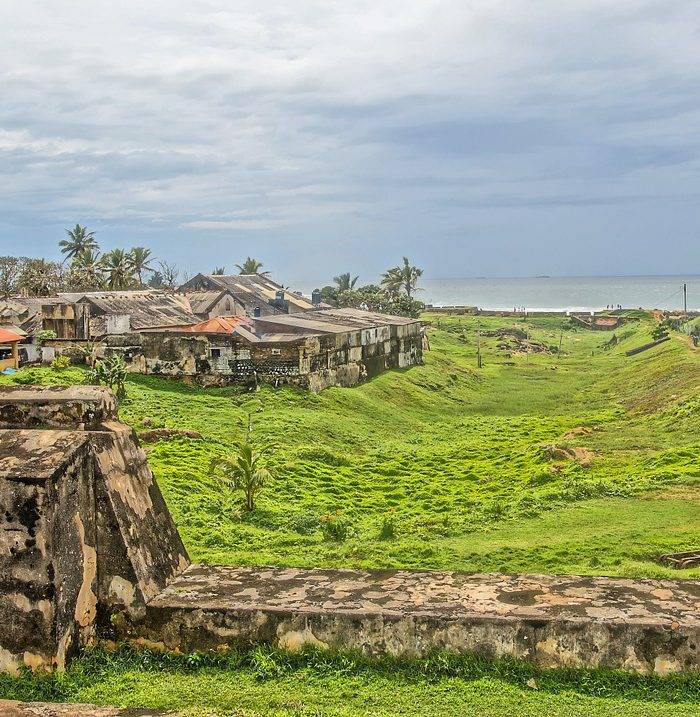Sri Lanka recently took a landmark decision by reinstating itselectronic travel authorisation (ETA) after the presidential elections. This return to the ETA brings to an end a period of uncertainty over visa policy, characterised by repeated changes and frustration for travellers. At a time when the tourism sector is struggling to recover, the reintroduction of this authorisation aims to simplify entry to the island, while raising questions about its real impact on tourism and the country's international relations.
Following the recent presidential elections, Sri Lanka has decided to reinstate its electronic travel authorisation (ETA) system. This initiative marks a significant turning point for the country, which has gone through a tumultuous period regarding its visa policy. After frequent and confusing changes, the elected government took this decision to facilitate the arrival of tourists on the island while easing the tensions caused by previous reforms.
The new Chairman, Anura Kumara DissanayakaThe announcement of the reintroduction of the ETA comes after much uncertainty in the tourism sector. Since April, changes to the visa system have created complications for travellers wishing to visit Sri Lanka. This return to the ETA is therefore a step towards normalising the situation.
Concerns about administrative processes
The chaotic management of visas reveals an undercurrent of administrative crisis in Sri Lanka. Allegations of favouritism in the award of the contract for the new electronic visa system have led to a public outcry and petitions denouncing the irregularities. These allegations of corruption in the selection process are worrying players in the tourism sector, who fear negative repercussions on their economic activities.
During this delicate period, it is more crucial than ever for the government to restore travellers' confidence and simplify access to the country. The effective implementation of the ETA system could well be an essential first step towards revitalising Sri Lanka's tourism sector.
ETA costs and conditions
At present, the cost of ETA remains fixed at 50 US dollarsexcluding bank charges. This authorisation, once approved, allows a 30-day stay on the island, with the possibility of two entries. However, only seven countries enjoy free access to the ETA, which shows that attracting tourists remains an urgent priority for the Sri Lankan government.
The technical challenges of the new system
Despite the reactivation of ETA, the technical difficulties were reported during its deployment. The Minister of Foreign Affairs, Vijitha Herathacknowledged that the operation of the eta.gov.lk is not yet completely fluid. However, travel authorisation is now available, allowing tourists to plan their visit with greater peace of mind.
Comparison of visa systems in Sri Lanka
| Visa system | Description |
| Before reintroduction of ETA | Replaced by an e-Visa, suspended in August. |
| ETA system | Cost: $50, valid for 6 months, 30 days' stay. |
| Free visas | Promise cancelled for 35 countries, including France and Canada. |
| Impact on tourism | Arrivals were down, with just 92,639 visitors in September. |
| Technical difficulties | ETA portal launch problems reported. |
| Number of countries with free ETA | 7 countries only, including India and China. |
| Criticism of the new system | Lack of public tender for e-Visa contested. |

